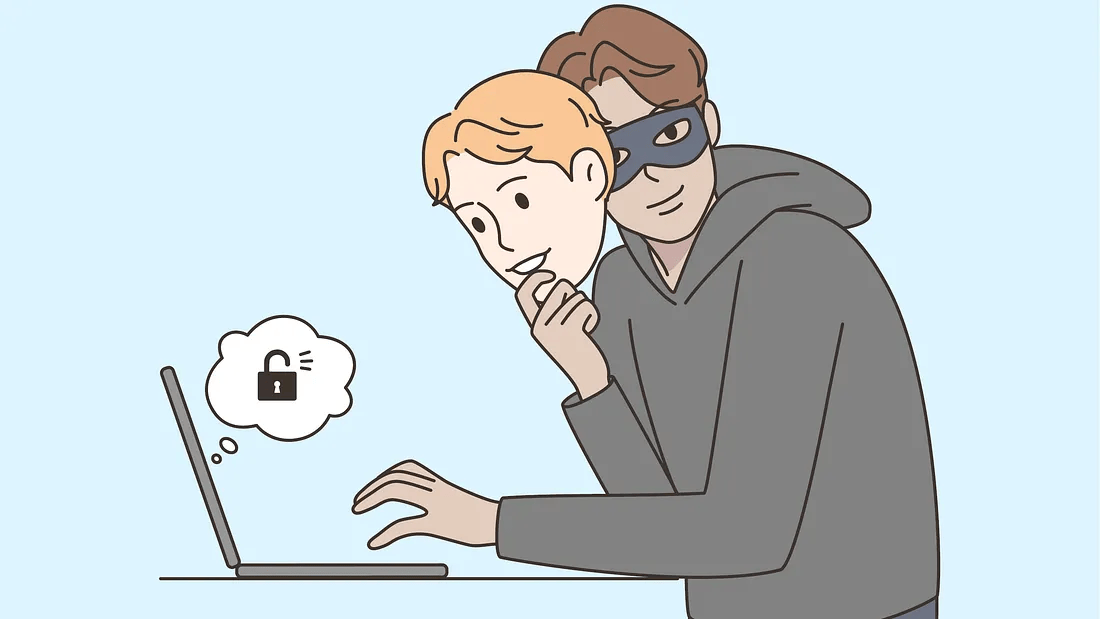BOOK THIS SPACE FOR AD
ARTICLE ADIn the ever-evolving landscape of remote work, the convenience and flexibility it offers come hand-in-hand with an escalating threat — phishing attacks. As organizations embrace virtual collaboration and communication tools, cybercriminals are adapting and exploiting new avenues to compromise sensitive information. This article delves into the rising menace of phishing attacks in remote work environments, exploring the tactics employed by cybercriminals and providing insights into how individuals and organizations can bolster their defenses.
The Evolution of Phishing Attacks
Phishing attacks have come a long way from generic emails with suspicious links. In today’s remote work scenario, cybercriminals have honed their techniques to craft sophisticated and convincing messages. These may come in the form of seemingly legitimate emails from colleagues, superiors, or trusted service providers, luring remote workers into clicking on malicious links or downloading infected attachments.
Why Remote Work is an Ideal Breeding Ground
The dispersed nature of remote teams creates an ideal breeding ground for phishing attacks. Employees may not have the immediate support or oversight they would have in a traditional office setting, making them more susceptible to falling victim to phishing attempts. Additionally, the use of personal devices and unsecured networks can further amplify the risks associated with these attacks.
Real-Life Examples and Case Studies
This article will highlight real-life examples and case studies of successful phishing attacks on remote workers, showcasing the diverse tactics employed by cybercriminals. By understanding how these attacks unfold, readers can better grasp the urgency of implementing robust cybersecurity measures.
Protecting Against Phishing Attacks
The article will provide practical tips and strategies for individuals and organizations to protect themselves against phishing attacks in remote work environments. This includes the importance of cybersecurity training, adopting advanced email security solutions, and implementing multi-factor authentication to add an extra layer of defense.
.png)
 10 months ago
75
10 months ago
75 














 Bengali (Bangladesh) ·
Bengali (Bangladesh) ·  English (United States) ·
English (United States) ·